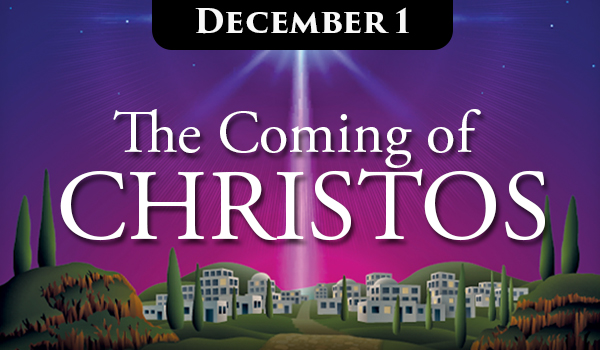For now we see only a reflection as in a mirror;
then we shall see face to face. Now I know in part;
then I shall know fully, even as I am fully known.
1 Corinthians 13:12
Christmas, or Christ’s Mass, is the festival celebrating Christ’s birthday. It wasn’t until the fourth century during the reign of Constantine that documentation of this celebration first appeared. Christians and non-Christians alike still commemorate this day, but with different reasons and motivations. As we head into another Christmas season, perhaps there is no better time to revisit the biblical narrative surrounding Jesus’ birth.
Let’s start this devotional journey together by acknowledging that the Christmas story, as currently shared, is rife with inaccurate details and traditions that may or may not bear a resemblance to what actually took place. I won’t focus too much on these contested details as much as I will look at the various characters and occurrences, and then apply them to our lives.
The birth of the Messiah is mainly recorded in a mere four chapters of two Gospels: Matthew 1–2 and Luke 1–2. We will obviously spend a great deal of time with this content, but there are other books of the Bible as well as extra-biblical resources on language, first-century life, and culture that I’ve consulted to help guide our journey.
Let’s remember this reality: Jesus lived two thousand years ago. Historical records are incomplete, so there is nowhere near a consensus on when He was born or when He died. Neither do the Gospels of Matthew and Luke record every detail we wish they did. In fact, the two accounts are very different in several respects, because they had different target audiences. Still, I will attempt to weave the two together chronologically.
I believe it’s much more important for us to study why things happened during the birth narrative of Jesus than exactly when or how they happened. So, I may mention various theories about certain details when applicable, but will quickly transition into the topic at hand for that day.
As needed, we will do a quick word study to gain a better understanding of a particular passage. This includes words like inn, star, magi, etc. Since the New Testament was written in Greek, to Greek we must often go to gain additional knowledge. We’ll also look at some Hebrew and Latin words too. This is what inspired The Coming of Christos as the title of this devotional. Christos, or Christ, means “Anointed One” in Greek. It is the translation of the Hebrew word for Messiah.
I began the research and writing for this study many months ago because I take this incredibly seriously. My goal is that you will learn something new every day of this devotional. Perhaps it’s a detail you weren’t aware of, a timeline that surprises you, or even a person you’ve overlooked. My heart’s desire is to point the reader—you—to the Savior, to reinvigorate your faith and deepen your love for the Messiah. My aim is to inspire an even deeper appreciation for God taking the form of a newborn to rescue mankind from a hopeless eternity.
We’ll spend one more day laying a little more groundwork for this special devotional journey. May God use this Christmas study for your edification and for His glory.
